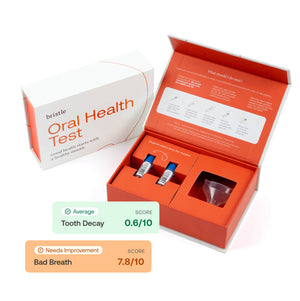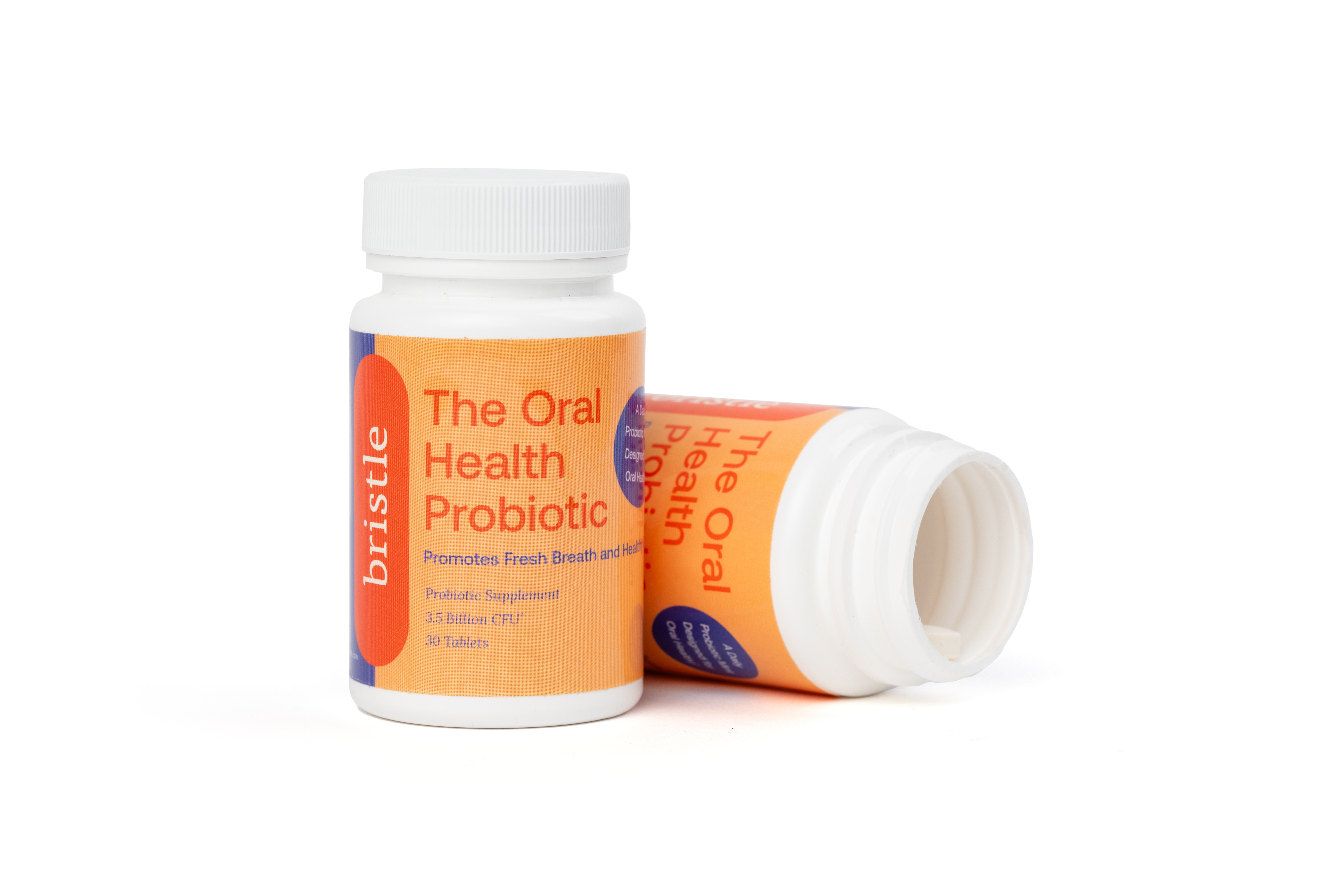Around 28 percent of adults between 20 and 34 have untreated tooth decay. This occurs when acid dissolves enamel, the protective outer layer of a tooth, creating a hole that is susceptible to further damage and disease.
Brushing your teeth twice a day can reduce the buildup of plaque, remove food particles, and help keep your enamel intact.
But what are oral microbiomes? How do they impact oral health? Do they cause tooth decay or help prevent it?
To learn more about the bacteria that make up the micro-environments inside your mouth, and how they influence your health, keep on reading!
What are Microbiomes?
The oral microbiome story begins around 3.7 billion years ago, long before humans existed. The Earth was a treacherous environment with violent weather, angry volcanoes, and harsh conditions.
Before fish swam in the ocean or birds flew in the sky, the planet was covered with bacteria. These microorganisms spread across the Earth’s surface, from deep in the sea to the edge of volcanos. No terrain escaped the bacteria’s reach.
As life began to form, bodies became another terrain to expand to. And over time, bacteria developed a symbiotic relationship with other lifeforms, including humans.
For example, bacteria on your feet create that unpleasant foot smell by digesting sweat that would otherwise increase your risk of infection. They protect us by consuming something we naturally produce.
The human microbiome refers to all microbiota (bacteria, archaea, and fungi) that live within or on human tissue and fluids. You have these micro-environments on your skin and inside your gut. And oral microbiomes are those found in your mouth.
What Causes Tooth Decay?
You may think that tooth decay is caused by sugary foods and unbrushed teeth. And while that isn’t wrong, there’s a lot more to it than that.
When sugary foods or refined carbohydrates become trapped in teeth, the particles are dissolved by bacteria for energy. Streptococcus mutans is the primary type of bacteria involved in this process. Dissolving the food produces acid that breaks down the tooth enamel.
This creates cavities!
But oral microbiomes are more complex than this simple reaction. These micro-environments can become disrupted through changes in saliva production or the pH level of the mouth.
The average pH level of the mouth is 6.7, with a healthy range being 6.2 to 7.6. A poor diet can create a shift in the mouth’s (and body’s) pH level, and a drastic change towards acid or alkaline can create oral health problems.
High-stress levels also pose a problem for oral health as stress can negatively impact the oral microbiome. One way it does this is through saliva production. Bacteria transport ionic minerals from the saliva to the teeth, and low saliva production sends this process into anarchy.
Bacteria even help remove waste products and harmful organisms from the mouth.
Any major shift in your oral microbiome can lead to tooth decay, gum disease, bad breath, and much more. The key to a healthy smile is to understand your microbiome and live in a harmonious state with it, rather than against it.
Limit Tooth Decay
There are some simple steps you can take to improve the health of oral microbiomes, as well as those found throughout the rest of the body.
Some good starting points include:
To expand on some of these points, it’s important to emphasize that you can’t have good oral health while living an unhealthy lifestyle.
Diet is a major contributor to the health of your teeth, and not because the food passes through your mouth. You need the right vitamins and minerals to maintain oral health while avoiding substances that cause disruptions throughout your body.
Eating a diet rich in anti-inflammatory, alkalizing, and antioxidant foods are recommended. This includes greens (such as spinach), berries, and fish.
Using fluoride mouth wash appears to have little to no effect on oral microbiome health, but there are chemicals found in some brands of mouthwash that won’t be as kind. Check the ingredients for:
Avoid products with these ingredients to help maintain oral health.
Testing Oral Microbiomes
Luckily, there are tests you can perform to better understand your oral microbiome. An oral health test can provide you with:
By performing such a test, you can determine the health of your oral microbiome and take the recommended action to repair any damage. We need to start viewing oral microbiomes as the solution.
Working With the Microbiome
As more research is carried out exploring the health and activity of oral microbiomes, we learn alternate ways of improving oral health. Rather than using chemicals to destroy bacteria, we need to support the bacteria.
Some examples of this approach include:
Prebiotics act as food for the types of bacteria we wish to promote while probiotics add to the population of that same bacteria. These are two promising solutions that require further research.
STAMPS and bacteriophages take the opposite approach. Both involve targeting the cariogenic pathogens (those that cause tooth decay) to destroy them. The problem with this approach is that we’re unsure what impact this would have on the entire microbiome.
Ready to Protect Your Teeth?
There are two ways we can use oral microbiomes to help protect our teeth from cavities: Maintain microbiome health in a harmonious state and support the role of the beneficial bacteria strains through probiotics or prebiotics.
To determine the health of your oral microbiome, order an oral health test from Bristle today!






